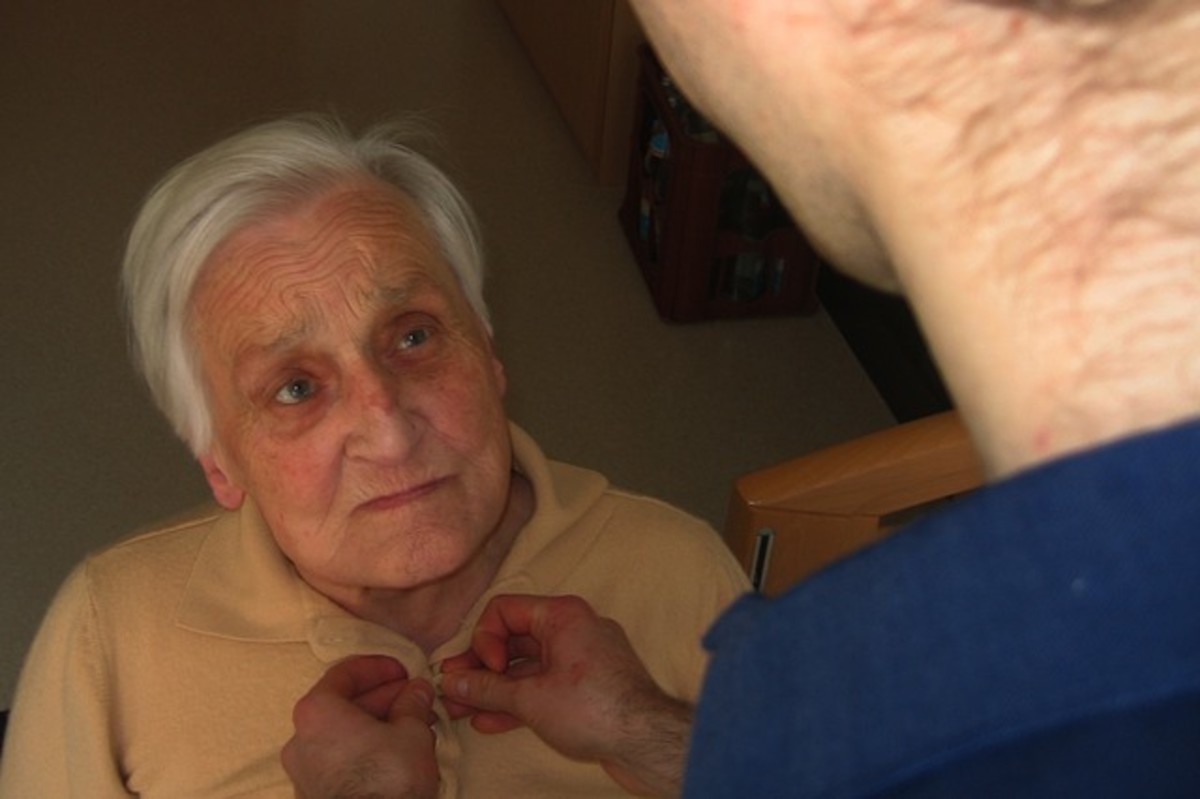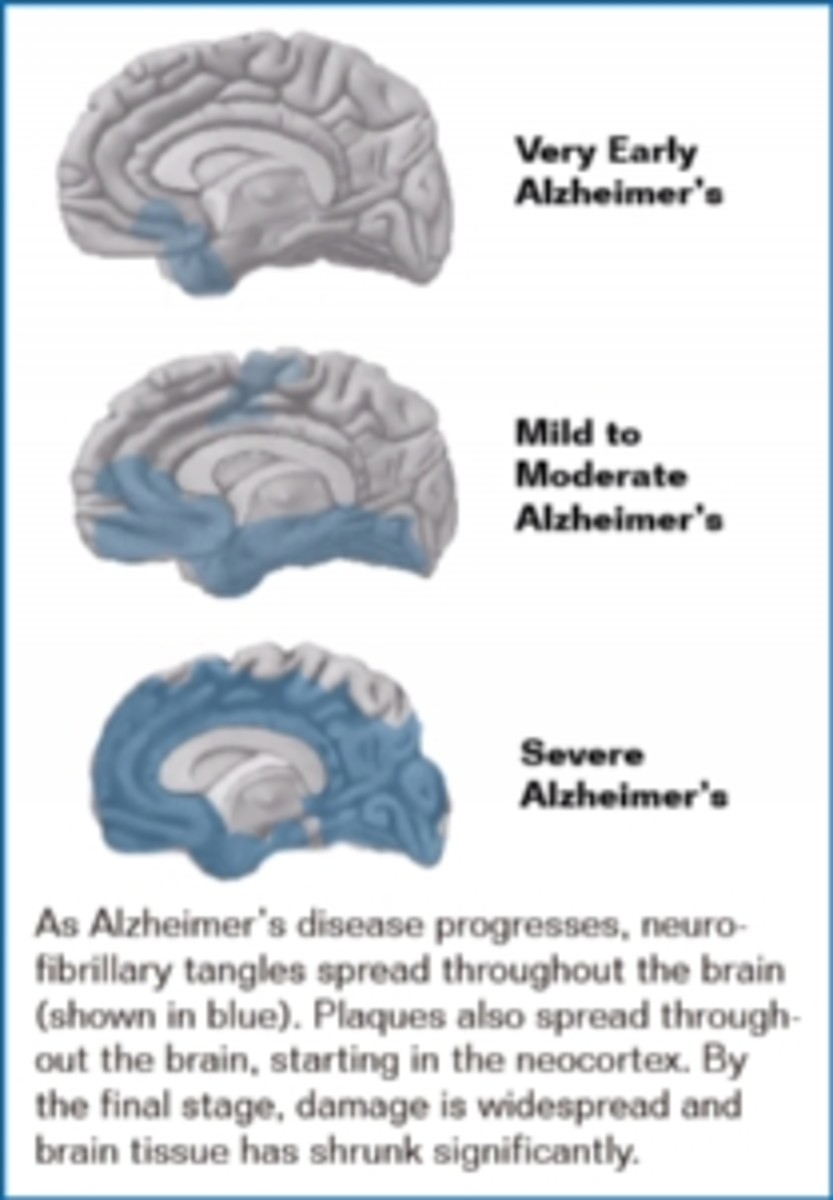Observing World Alzheimer’s Month and World Alzheimer’s Day in 2011
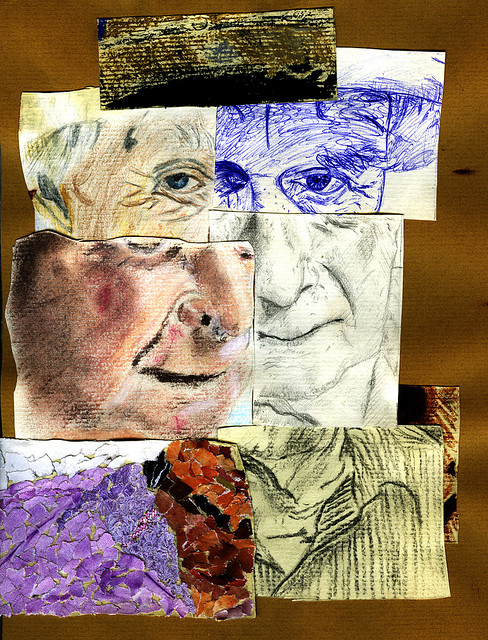
September has been designated as World Alzheimer’s Month. And September 21st is designated as World Alzheimer’s day. These two events have been observed since 1994, and have been set aside as times to place a special emphasis in the training and educating of the general public about this devastating disease. This years theme, “Faces of Dementia”, focused on the early signs of dementia and Alzheimer's disease. I used the picture at the right in one of my earlier Alzheimer’s articles, and I think it epitomizes this theme.
Every year on September 21st, designated as World Alzheimer's Day, Alzheimer’s associations worldwide join forces to educate and expose as many people as possible to the effects of dementia. This year is no different. With its theme, “Faces of Dementia”, questions that need to be asked are being stressed. Does the general public recognize the face of dementia? How can we honor those who represent the “Faces of Dementia” in all parts of the world, especially those who provide the care these individuals require?
Caregivers Suffer Also
The Alzheimer’s Association has shared some very interesting statistics about Alzheimer’s and dementia, and those who are providing care to these individuals. In the United States alone, approximately 15 million (family) caregivers are providing 17 billion hours of care to their loved ones who have dementia and Alzheimer's disease.
All of this care which is provided out of love, dedication and responsiblity goes unpaid monetarily, and many times unrecognized by other family members as valuable! However, these very special caregivers are providing this care to the detriment of their own emotional and physical health, and have skyrocketing medical costs of their own to prove it. A high percentage of these caregivers also report stress and depression.
In the Top 10
Unfortunately Alzheimer’s has increased its ranking and is now the sixth leading cause of death in the United States. It is the only cause of death among the top 10 that cannot be prevented, cured, or even slowed down! Although the rates of death for most other disease has declined, deaths associated with Alzheimer's continues to rise at alarming rates.
Alzheimer's and Dementia
Although Alzheimer’s and dementia are often considered to be the same illness or disease, this is not the case. Dementia is a broad term encompassing a large group of brain disorders that negatively impact an individual's mental reasoning and functioning. These negative effects manifest as memory loss and other intellectual difficulties serious enough to have a significant and detrimental impact on an individual’s ability to perform essential tasks of daily life. Alzheimer’s disease (AD) is actually the most common form of dementia, accounting for over 50% of dementia cases.
Scientists have not been able to discover what causes Alzheimer’s disease. It is believed, however, that it is the result of multiple factors, one of which is genetics.

World Wide Epidemic
The World Health Organization have placed the number of people with Alzheimer's at approximately 18 million; and they have predicted that by the year 2025, this number will have increased to 34 million. With numbers such as these, it is evident why days such as World Alzheimer's Day are so important in diseminating information to everyone. So many people are and will be impacted by dementia and Alzheimer's disease in their lifetimes.
In the United States
It is estimated that as many as 5.2 million Americans may currently have Alzheimer’s disease. If no cure is found, and population trends continue, it is projected that 16 million Americans may have this devastating disease by the year 2050.
Lots of activities has been focused on Alzheimer’s so far this year. Let’s look at some of them.
Center for Disease Control (CDC) Healthy Brain Initiative
The Center for Disease Contol's Healthy Brain Initiative began in 2005. Its focus was to better understand the public health burden of cognitive impairment, including Alzheimer’s disease. To read more, visit: The Healthy Brain Initiative: A National Public Health Road Map to Maintaining Cognitive Health, and the CDC Healthy Brain Initiative Progress: 2006–2011[PDF - 1.53MB], and Executive Summary Progress Report 2006–2011: The CDC Healthy Brain Initiative[PDF - 857KB] outlines progress to date of the CDC Healthy Brain Initiative.
The National Alzheimer’s Project Act
The National Alzheimer’s Project Act (NAPA) was signed into law on January 4, 2011, by United States President Obama. It calls for creating an Advisory Council to develop a national strategic plan for federal agencies to address and overcome the rapidly escalating Alzheimer’s crisis.

New Diagnostic Guidelines
In April 2011, the National Institute of Aging and the Alzheimer’s Association revised the diagnostic guidelines for Alzheimer’s diagnosis. The original 1984 diagnostic guidelines focused on the clinical symptoms that occurred during the later stages of Alzheimer's disease, after the disease had clearly exhibited its presence. The new guidelines’ will now cover the full timeline of the disease including the time before symptoms are even noticed.
Most notably, the diagnostic criteria now include the use of imaging, such as PET scans and biomarkers found in the blood and spinal fluid, such as during spinal tap procedures. More information about the new diagnostic guidelines
New Diagnostic Procedures: Spinal Tap
There are new testing procedures on the horizon. One such procedure is a new spinal tap procedure that can be used to pinpoint a protein that is found in the fluid that flows through the brain and spinal cord. This protein can be an indicator that could be used to detect Alzheimer’s in its early very early stages when some medications are more beneficial.
"Being able to identify who will develop Alzheimer's . . . will be crucial in the future," said study author Robert Perneczky, M.D., of the Technical University Munich in Germany. ". . . we could begin to treat very early and hopefully prevent the loss of memory . . ."
To read more about this testing and the research being done, click here.
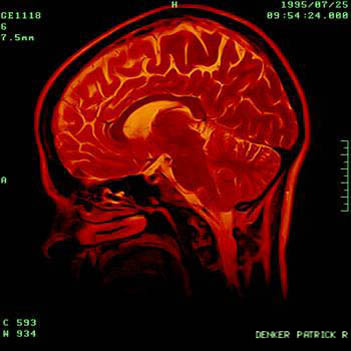
New Diagnostic Procedures: PET Scan
Advances are occurring in other diagnostic areas as well. Scientists continue to make progress utilizing more advanced brain scanning techniques which use special dyes to show how Alzheimer’s has damaged the brain. These particular advances could lead to earlier and more reliable diagnosis of Alzheimer’s which would enable doctors to develop more effective treatments for this devastating disease.
To read more about two new studies, click here.
Testing new drugs would be enhanced by earlier and more precise diagnosis. These new drugs could then be tested for their effectiveness in stopping the deterioration of the brain before it caused such life impacting damage.
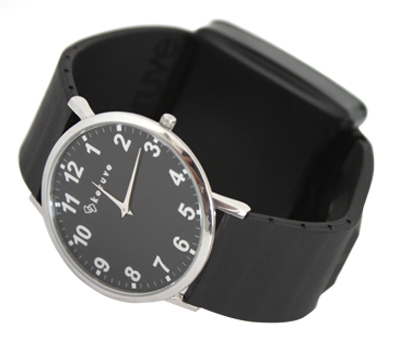
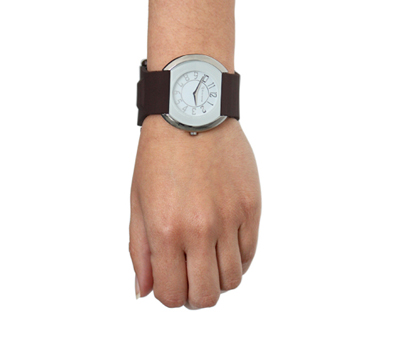
New GPS Tracking Watch
Today, on World Alzheimer’s Day 2011, Vision Localisation Systems, is releasing its innovative new GPS tracking watch into the USA. The GPS watch has been designed to improve the quality of life for millions of people with Alzheimer’s and their families.
The watch, utilizing the direct locator, Keruve, is designed especially for people with Alzheimer’s. It consists of a GPS tracking watch, which looks just like a conventional wristwatch, worn by the person with Alzheimer’s, and a portable receiver to be used by a family member or caregiver. With the simple press of a button, the care provider will be able to locate the person wearing the watch, even if they are inside a building or in a basement! The system has been around since 2007, but is just being released into the US.
The GPS watch has a stainless steel safety lock that the person cannot take off. It has a battery life of 3.5 days. And, it also has the capability of using a cell phone instead of the portable receiver. To read more about the GPS watch. Visit the Keruve website.
. . . til next year!
Lots of advances are being made. And as we ‘celebrate’ World Alzheimer’s Day, I am hoping that next year will bring a true celebration . . . a cure.
All Rights Reserved
Copyright © 2012 Cindy Murdoch (homesteadbound)

Your Future is Waiting! Do you feel you have great information or stories to share with others? Sign Up Here. . . It’s quick, easy and free to join HubPages!

Related sites:
- How to Talk with Someone Who Has Alzheimer's or Memory Loss~ Communication & Short Term Memory L
Communicating with someone who has Alzheimer's can sometimes be very difficult; however, by adding a few tools to your communication toolbox, it can be made much easier. - Caring for an Aging Parent: Family Members as Caregivers
Resource Sites:
- World Alzheimer's Day | Alzheimer's Disease International
- CDC Features - World Alzheimer's Day
September 21st is World Alzheimer's Day. Learn more about Alzheimer's disease and efforts to address the nation's sixth leading cause of death.






